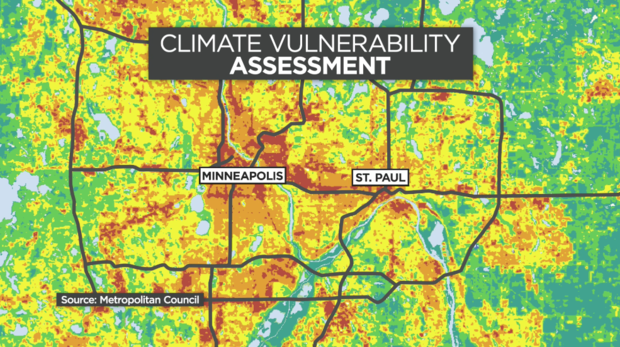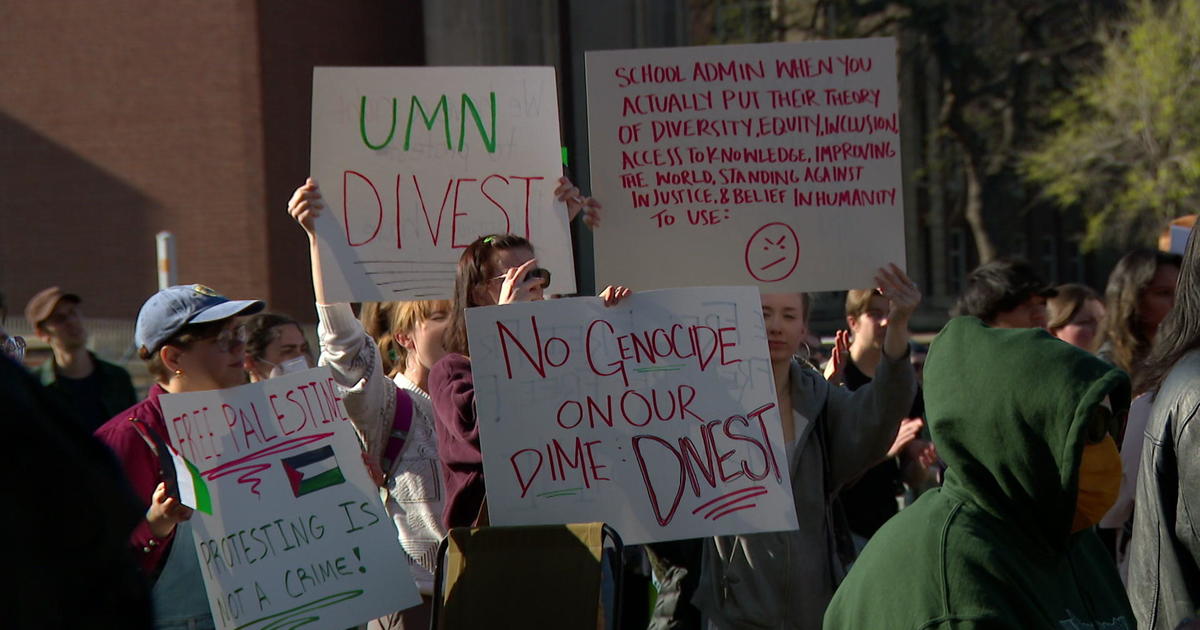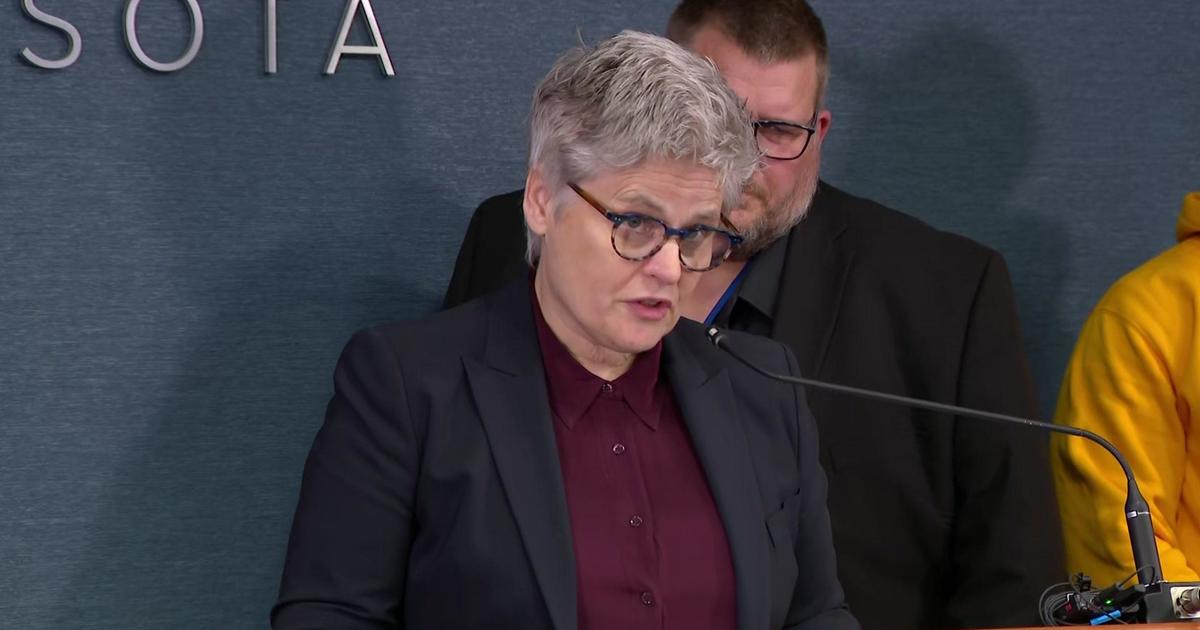Drought, Heat Disproportionately Impacts Communities Of Color
MINNEAPOLIS (WCCO) - Some new data shows people who live in certain areas of the Twin Cities are getting hit extra hard by this summer's heat and drought.
Some neighborhoods are 10- t0-15 degrees warmer than others, according to the Extreme Heat Map Tool.
It's been a long, hot summer. Everybody in the Twin Cities is feeling it, but not everybody is experiencing it the same way.
"The folks who are effected most in our region by climate change are folks who are either elderly, or lower income, or both, or persons of color," said Lisa Barajas, Community Development Director of the Met Council.
"It's really related to historic redlining and segregating people of color into certain neighborhoods and really underinvesting in the landscape and infrastructure in those neighborhoods, including trees," said Barajas, who leads a met council team that is trying to change the disparity.
Areas like Frogtown in St. Paul and North Minneapolis - which lost many trees in a tornado - have much higher temperatures than other areas.
"Sometimes the difference between a rural environment in the metro and an urban environment can be 20- to- 45 degrees difference in that surface temperature alone. That's pretty significant," said Barajas. "That doesn't always transfer to air temperature but you can feel that same difference that can be 10- to-15 degrees difference in a rural and urban area of metro."
For some perspective, in the Frogtown area of St. Paul, tree cover is 21%, while over in Mac Groveland, tree cover is 37%.
Barajas says conditions are worsened by older houses and less access to AC. So she is helping lead an effort to plant more trees - and gardens - to lower ground temperatures and raise the standard of living.
"If we can make our neighborhoods more livable for the most vulnerable populations, it's better for that entire region, not just those populations."
The Met Council says the drought has made things extra tricky, because it's harder to plant trees with watering restrictions.
But they plan to keep at it.
If you'd like info on getting more trees in a community, click here.




